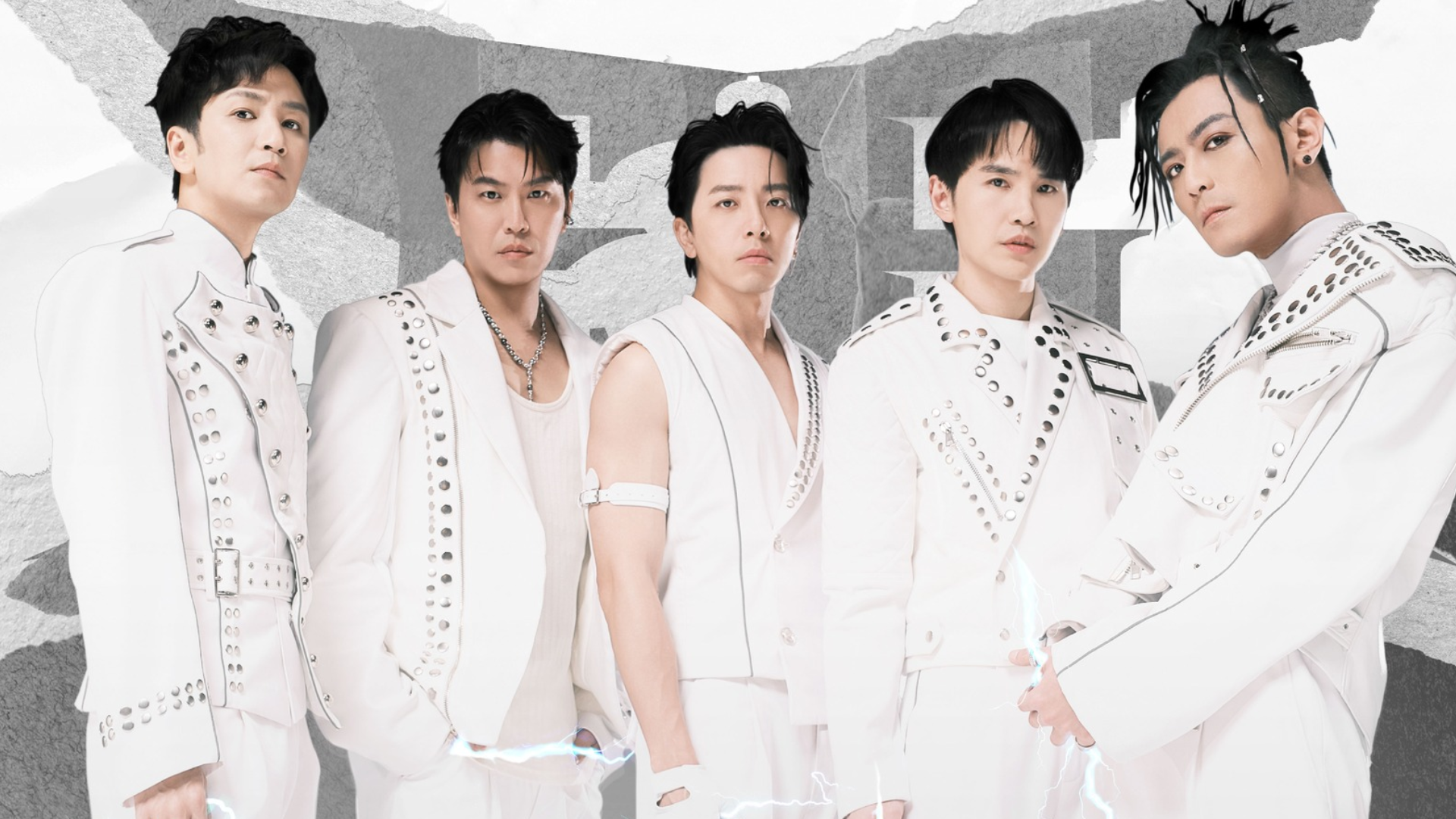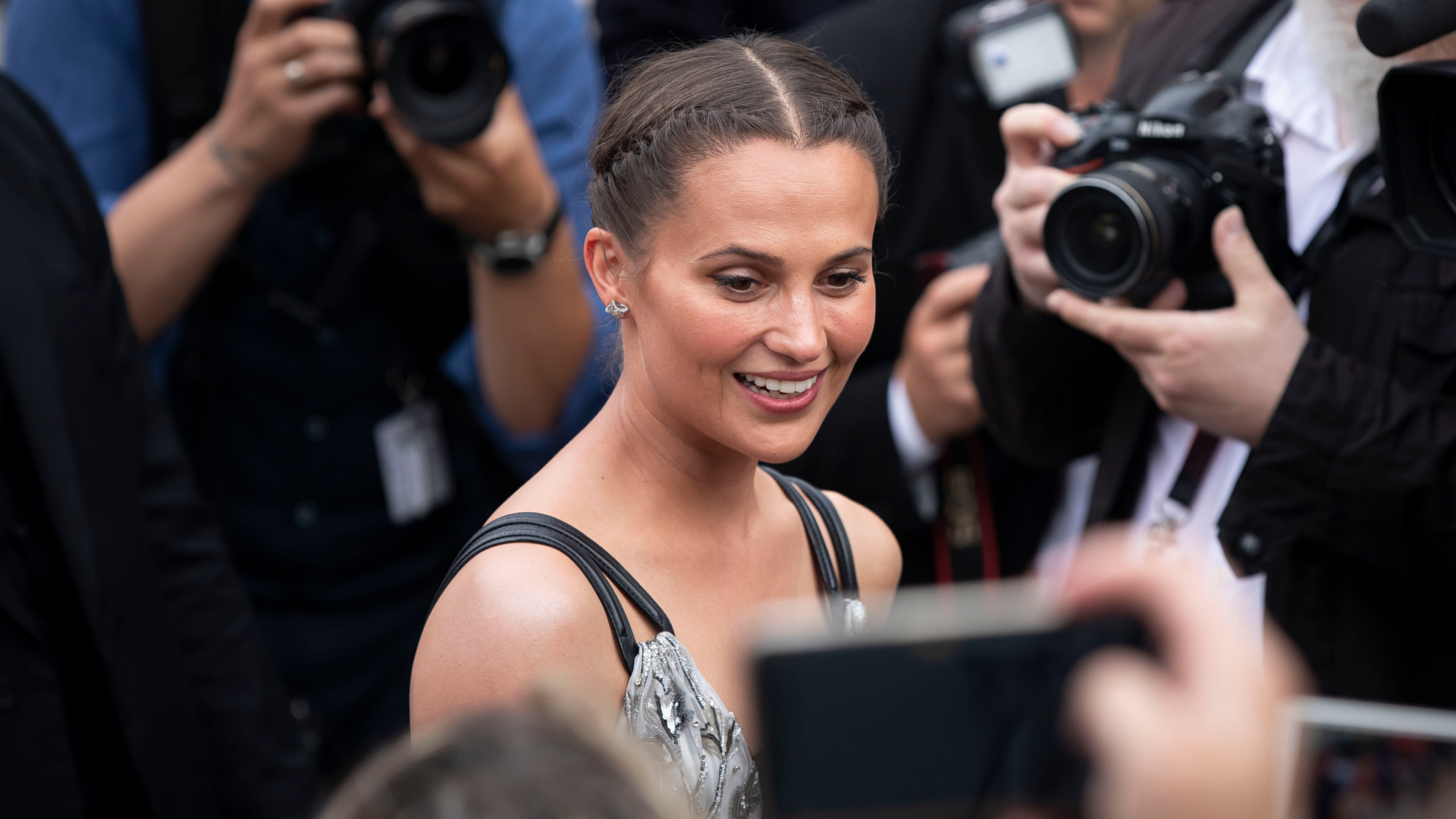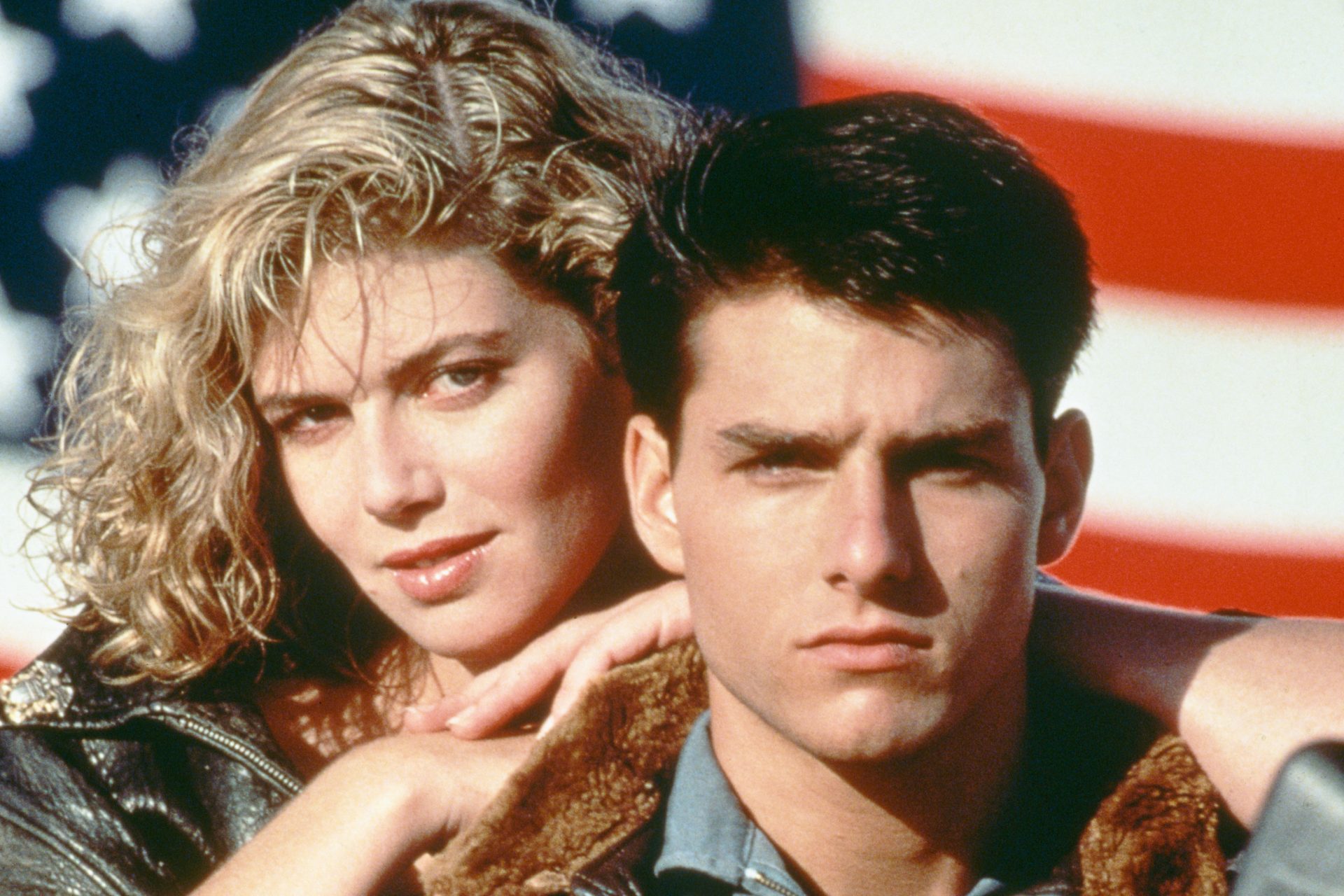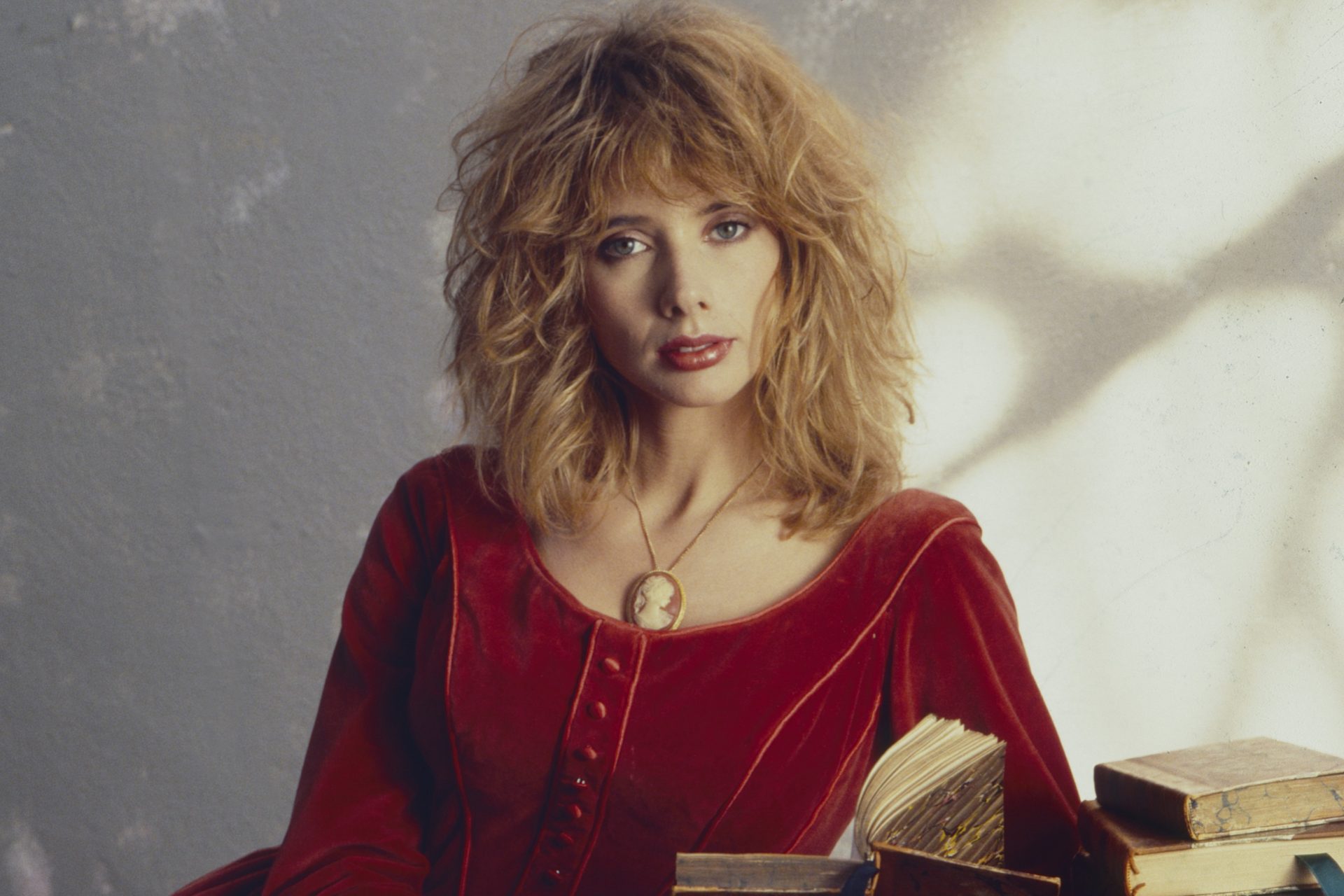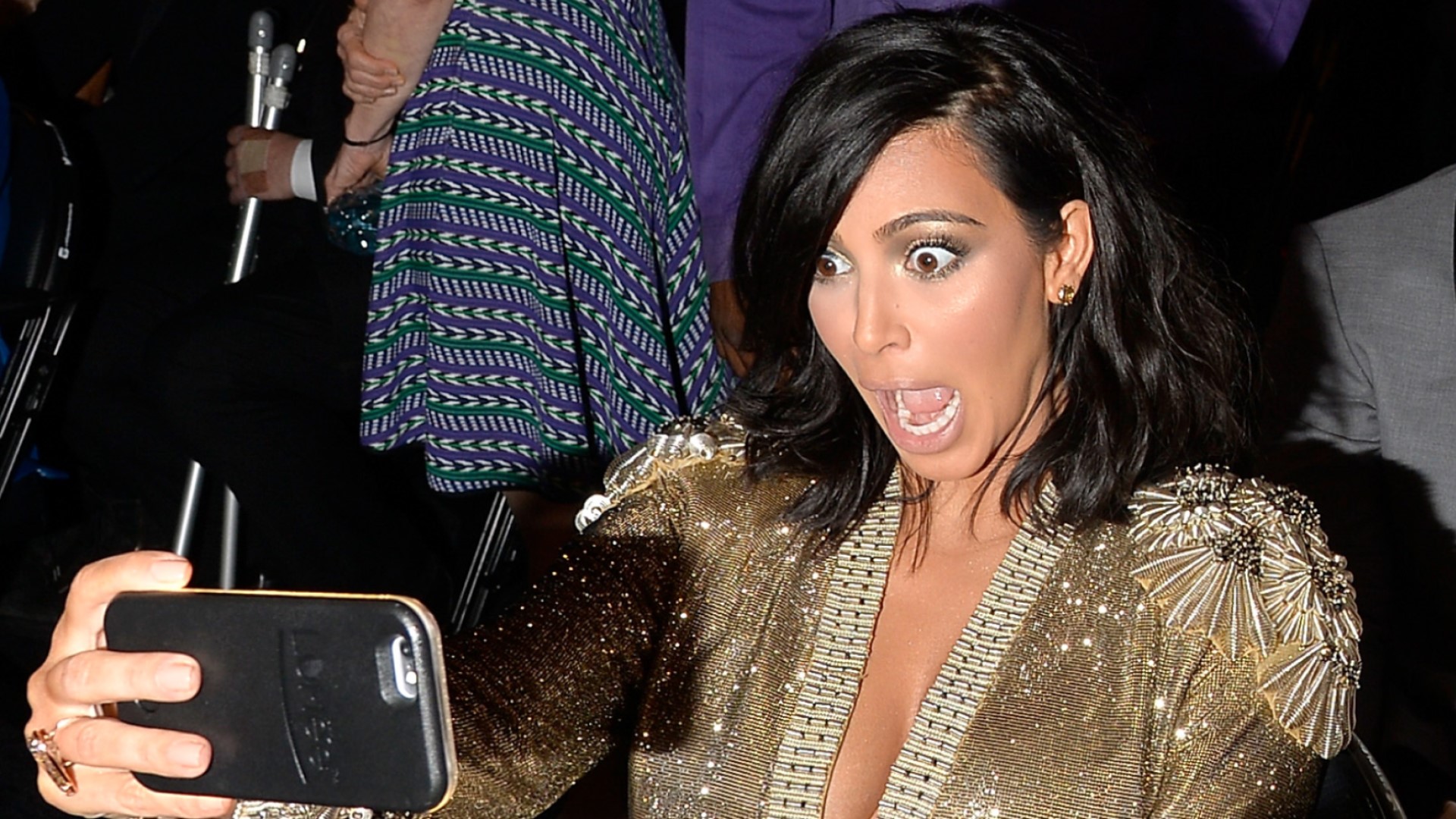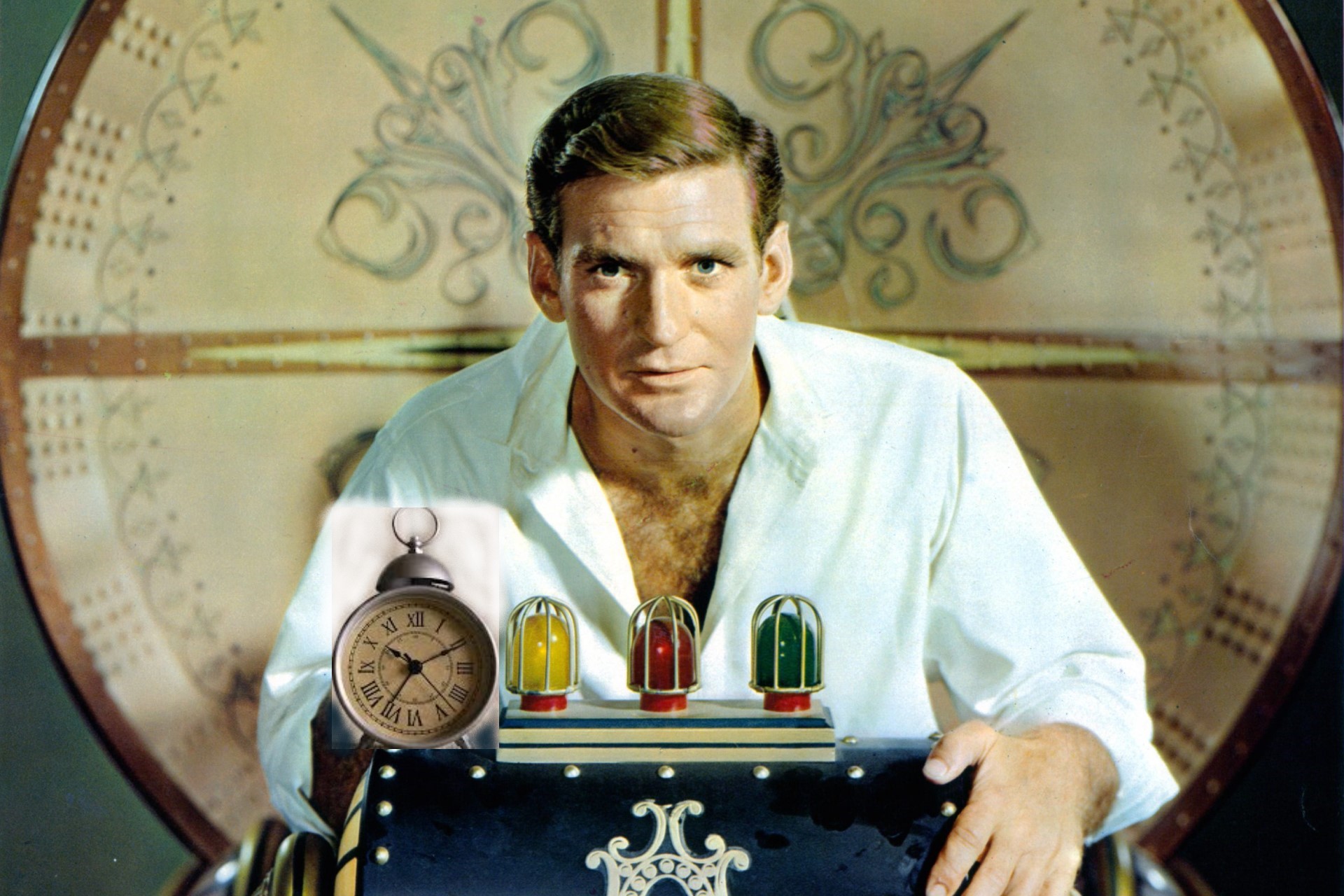Anti-monarchy arrests at coronation as polls declare royal popularity falling
Some protestors who gathered by Trafalgar Square on the King's coronation day were arrested by police as their protests became aggressive. The Independent reports that a total of 52 arrests had been made on Saturday 6th May.
The Met Police took control of the policing operation around the coronation of King Charles III, codenamed Operation Golden Orb.
According to British publication, the Independent, the chief executive of the Republic campaign group was also arrested in the morning of the coronation. The reports state Graham Smith was remained in custody for more than 15 hours.
Surprising, as the rally was organised with the Met Police. When he finally left custody at 11pm, Mr Smith said there was “no longer a right to peaceful protest in the UK”.
While waiting for his exit from custody, Republic took to Twitter to show their disdain for the monarchy, “We are not being given a reason. They will probably be released when the whole monarchy PR show is over.”
Smith and other anti-royalists used the coronation to take advantage of the exposure and staged a protest on the big day, chanting 'Not My King' to the crowds and royal family as they passed. TIME reports that as many as 1000 participants turned up along the coronation route.
The entire royal institution. On their website, Republic strongly say, "Hereditary public office goes against every democratic principle. And because we can't hold the King and his family to account at the ballot box, there's nothing to stop them abusing their privilege, misusing their influence or simply wasting our money."
Republic have highlighted some polls that show a majority of people were not even that interested in the coronation. Graham Smith told Reuters, "Most of us aren't that interested - and most of us think that the royals should pay."
As Charles takes the throne with such controversy, the potential future of the monarchy, in the eyes of the British people, is not looking so bright. The most recent polls and opinions from the public are hinting that the popularity of the royal family is plummeting.
The British royals have seen a lot of controversy over the past few years: from Harry & Meghan's media tell-all to racist accusations and even accusations of abuse. But was Queen Elizabeth holding it all together? Has the royal's popularity fallen since Her Late Majesty's passing?
Photo: Netflix
According to TIME, despite complex views towards the monarchy, the loss of Queen Elizabeth only had a small effect on the public's view, with the publication saying 'the institution continued to enjoy broad support' after the monarch's death.
In fact, with the passing of Her Late Majesty, the popularity of the royal family rose for a short while. At the time of Her jubilee, the royals enjoyed only 62% popularity, whereas when the Queen passed, this rose to 67%.
These statistics come from the Brits themselves. The British public opinion company, YouGov, revealed a recent survey which, surprisingly now states the popularity has fallen again from 67% back to 62%.
Putting the data in another way: six in ten Brits say there should continue to be a monarchy. Of course, these are still great statistics for the Royal Family, however the previous YouGov data showed that support for the institution in 2012 and 2013 was as high as 75%. It's certainly showing a slow fall in general.
The age of the voters is also something to take into account. Young people are showing less enthusiasm towards the royals with only 36% in favour of keeping the monarchy.
Whether the monarchy is good for the country or not showed another divide in the age of the voters. 77% of Britons aged 65 and over say the monarchy is good for the country, while 32% of 18-24 year olds feel the same.
Possibly the most damaging results from the series of YouGov polls is the surprising amount of people who are actively embarrassed by the monarchy. One in five say they are not proud of having a monarchy.
After Meghan Markle revealed in 2021 that there were questions over the colour of her son, Archie's skin, it may not come as a surprise that ethnic minority Britons have a sterner view on the monarchy. Only 38% sat that Britain should continue to have a monarch.
So why the dip in popularity? TIME quoted Graham Smith, author of upcoming book 'Abolish the Monarchy' as saying, "There are plenty of criticisms made about Charles, but he just isn't the queen. And that's his main problem."
Smith, who is also the CEO of activist group, Republic, believes the support for the monarchy is a lot lower than many think. "We are not a country of royalists," he boldly said to TIME.
"We are a country that is largely indifferent, but is coming around to looking more critically at this issue and, as we see that happen more, I think we'll see polling continue to drop," Smith continued.
So with such divided opinions of the monarchy, how is it the institution continues on a balance? Harsham Kumarasingham, a senior lecturer in British Politics hunted that it is the relationship between the royals and the media that keeps them relevant.
The lecturer, who teaches at the University of Edinburgh told Reuters, "Monarchs and their families need the media just as the media need them... A monarchy exists in a very precarious existence."
The monarchy is also still afloat thanks to its ability to adapt, as Lancaster University's Laura Clancy states. Reuters quoter the media lecturer as saying the monarchy is 'remarkable' at adapting.
"They've shown that they know that they need to adapt in the modern world in order to keep existing." Incredibly, despite divorce, death, racism accusations, legal proceedings, internal squabbles and a barrage of adverse media attention, the monarchy always shows an incredible ability to bounce back.



























